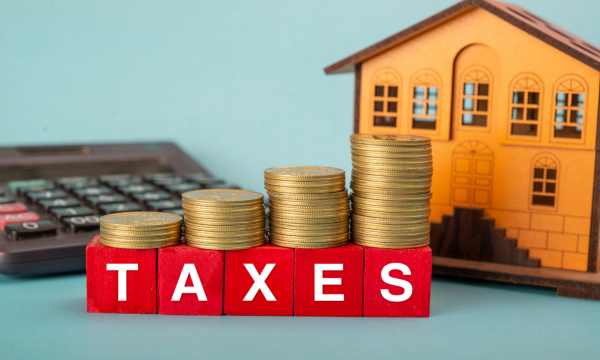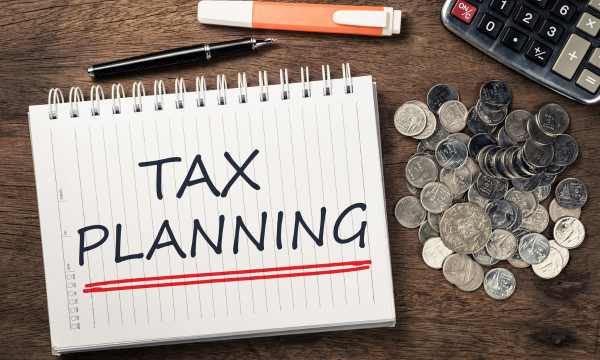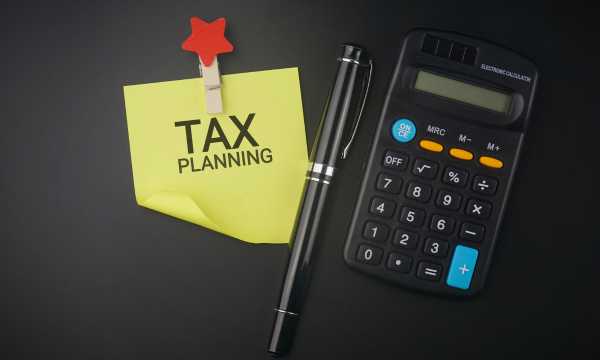Demystifying Taxation: A Beginner’s Guide
For many people, especially newcomers, taxes can be difficult and scary to understand.
Due to complicated language, forms and the fear of making mistakes, people often seek professional help or don’t pay taxes at all. Understanding the basics of taxes is not only necessary, but it also allows people to make smart financial choices, save money and comply with the law.
This beginner’s guide aims to demystify taxes by breaking them down into their simplest parts and providing useful information for newcomers.
1. Tax Base: What is Taxation?
Taxes are essentially fees that individuals, businesses, or landowners must pay to the government to pay for public services. These costs cover defense, infrastructure, public services and more.
There are different types of taxes, such as sales tax, land tax, capital gains tax and income tax. Good financial planning requires you to understand the different types of taxes and how they affect different parts of your life.
2. Two Different Types of Taxes:
- Income Tax: Individuals and companies must pay income tax on the income they earn. The tax rate depends on how much money you earn, and the higher your income, the higher the tax rate.
- Sales Tax: When you purchase an item, you will have to pay sales tax, which is usually part of the price of the item. The seller takes it and sends it to the government.
- Real Estate Tax: Real estate tax is a tax on real estate, usually levied by the government. The amount of the tax depends on the value of the home.
- Capital Gains Tax: This tax is levied on the extra money you earn when, for example, you sell shares, real estate or investments. If items are stored for long periods of time, tax rates may vary.
3. Learn How to File Taxes:
When you file your tax return, you tell the government about your income and expenses. Individuals and companies in many countries use certain forms to declare their income. For example, in the United States the W-2 form is used. Filing your taxes on time and correctly is important to avoid penalties and interest charges.
4. Tax Exemptions, Credits and Deductions
When you take deductions, your taxable income is reduced. Mortgage interest, student loan interest and some medical expenses are things that people often deduct. Knowing what benefits are available to you can significantly reduce your tax bill.
Tax Credits: Tax credits can reduce the amount of tax you have to pay. The income tax credit and the child tax credit are two examples. Tax credits are very useful because they can reduce your tax bill by the same amount you receive.
Exemptions: Certain types of income are not taxed because of exemptions. For example, in some countries, gifts and inheritances up to a certain amount are not taxed.
5. Tax Strategy and Planning:
Tax planning is the process of organizing your finances so that you pay as little tax as possible. This could mean putting money into tax-advantaged funds, growing your retirement accounts and understanding how different financial choices affect your taxes. If you plan your taxes well, you can save a lot of money.
6. Tax Mistakes You should Never Make:
- Not Paying Taxes: Not paying taxes is one of the most common mistakes people make. Filing a tax return even if you don’t owe it will ensure you receive any returns and avoid penalties.
- Reporting Errors: If you report incorrect income, deductions, or credits, you could face inspections and fines. You must ensure that all information is correct before submitting.
- Non-Compliance with the Tax Date: If you do not comply with the tax date, you may have to pay penalties and interest. It is important to keep track of deadlines and submit documents on time.
- Ignore Changes in Tax Laws: Tax laws change every year, so what worked last year may not work this year. By complying with tax laws, you can ensure that you receive all the benefits offered.
7. Seek Professional Help:
While it’s important to understand the basics of taxes, many people and businesses can benefit from professional help. A tax expert can help you navigate complex tax rules, make the most of your deductions, and ensure your returns are correct.
Conclusion:
Finally, taxes are an important part of personal and business finance, as scary as they are. Being aware of your responsibilities, understanding the basics and planning ahead can help you feel more confident when dealing with tax matters. Remember, when it comes to money, information is power, and understanding taxes is a big step toward achieving your financial goals.
FAQs:
1. What is the purpose of taxation? Why do individuals and companies have to pay taxes?
Taxes are crucial for financing public services such as education, healthcare, infrastructure and defense. It ensures that the government can provide necessary services to citizens. Individuals and businesses pay taxes to contribute their share of these government expenditures.
2. How can I legally reduce my tax debt?
To minimize your tax liability, you need to understand qualified deductions, credits and exemptions. It also includes strategic financial planning, such as investing in tax-efficient funds, contributing to retirement accounts and taking advantage of available tax breaks. Seeking professional tax advice can provide a personalized strategy.
3. What are some common tax mistakes to avoid?
Common tax mistakes include failing to file returns, misreporting income or deductions, missing deadlines, and ignoring changes in tax laws. It is critical to file documents promptly, report all financial information accurately, and stay up to date on the latest tax regulations to avoid fines and audits.
4. What is the difference between tax credits and deductions, and which is more beneficial?
Tax deductions reduce taxable income, while tax credits directly reduce the amount of tax you owe. Both are valuable, but tax breaks are generally more beneficial because they can reduce your tax bill dollar for dollar. Choosing the right deductions and credits depends on your financial situation and qualifications.
5. When is the best time to seek professional tax help? What does it gain me?
If you have a complex financial situation, make significant investments or have your own business, it is advisable to seek professional tax assistance. A tax professional can potentially save you money by understanding the complex tax laws, maximizing deductions and ensuring accurate returns. They can also provide personalized advice based on your specific financial needs and goals.
 Exploring Types of Taxes: What You Need to Know
Exploring Types of Taxes: What You Need to Know
Taxes are an important part of any society because they finance public services and amenities. Everyone has […]
More Mastering Effective Tax Planning Strategies
Mastering Effective Tax Planning Strategies
Tax planning is an important part of personal and business finance. It involves understanding complex tax laws, […]
More Year-Round Tax Planning: Your Financial Ally
Year-Round Tax Planning: Your Financial Ally
Although tax season only comes once a year, smart money management happens all year round. Understanding the […]
More